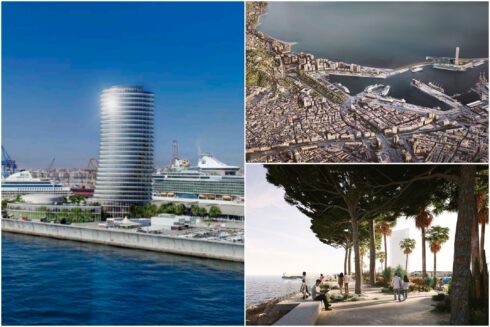ALL you need to know ahead of Andalucia Day as the region celebrates its heritage this Friday.
February 28, marks Dia de Andalucia, a public holiday celebrating the 1980 referendum in which Andalucians voted overwhelmingly in favor of autonomy.
This historic moment paved the way for Andalucia to become an autonomous community within Spain, granting it greater self-governance and recognition of its unique cultural identity.
The day is commemorated across the region with a vibrant display of Andalucian pride.
The green and white flag of Andalucia, symbolizing peace and hope, is raised in towns and villages, while streets come alive with music, dance, and festivities.
Schools, government institutions, and many businesses close for the day, allowing residents to fully embrace the celebrations.
In the days leading up to February 28, schools take part in special activities to educate children about Andalucia’s history and heritage.
On the Friday before the holiday, students enjoy a traditional desayuno andaluz—a breakfast featuring rustic bread drizzled with locally produced olive oil, often accompanied by fresh tomato and a glass of orange juice.
Schools also host lessons on regional history, poetry readings, and performances of flamenco—the passionate art form deeply rooted in Andalucian culture.
Of course, no celebration would be complete without a party, and schools make sure the younger generation joins in the spirit of the occasion.
On the day itself, major cities and small villages alike host parades, concerts, and cultural competitions.
Traditional Andalucian music fills the air, with live performances of flamenco and folk songs celebrating the region’s rich artistic heritage.
Many people dress in trajes de flamenca or trajes cortos, the iconic outfits associated with Andalucia’s famous ferias (festivals).
The main official ceremony takes place just outside Sevilla at the monument dedicated to Blas Infante, widely regarded as the ‘Father of Andalucian Nationalism.’
Infante was a writer, politician, and activist who played a crucial role in advocating for Andalucia’s autonomy in the early 20th century.
His vision and dedication to Andalucian identity are honored every year on this day.
Other events include live music, tastings, art exhibitions and workshops.
In Cadiz, the day is marked by traditional chirigotas, or choirs, singing traditional satirical songs.
Meanwhile in Nerja, celebrations include a ‘Pedal Day’ where participants of all ages take part in a cycle race.
Beyond the official events, Andalucia Day is a time for families and friends to come together and celebrate their homeland’s distinct culture, history, and traditions.
Whether by enjoying a day out, attending community festivities, or simply relaxing with loved ones, it is a moment to reflect on what it means to be Andalucian.The Olive Press wishes all our readers across this beautiful region a very happy Dia de Andalucia—however you choose to celebrate!









